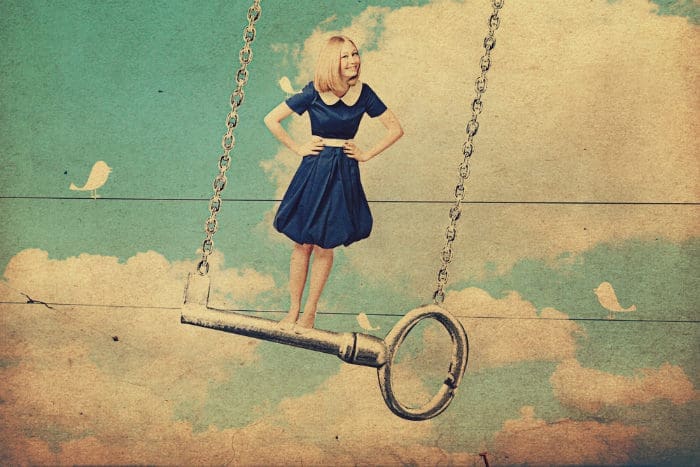Life and stress can feel like a package deal but if stress is allowed to dig its claws in, it will do damage. Time to break those two up. The human brain can’t do everything it has to do – keep us alive, thinking, feeling, doing – and on top of that deal with the assault from stress. Here’s how to reduce stress before it gets it’s curly hooks in too deep:
-
Connect with people.
Humans have an innate, primitive need for connection, but life and too much time with those who give more than they take, can make hiding away from the world and all its neighbours a very attractive option. Spending time with people can tweak your perception of things and give you a laugh – which also releases feel-good hormones.
-
Be active.
Yep, you’ve heard it all before, but that’s because it actually works. Physical activity clears your head and releases your feel-good endorphins. Exercise also improves sleep, which brings me to …
-
Sleep.
While we are asleep, our brain is hard at work. During sleep, the brain processes the emotions and issues that are leftover from the day. It’s why you’ll often feel better about things after a good sleep – because your brain has been busy looking after you.
-
Do what you love.
Sounds simple enough if you know what that is but many people don’t. If you don’t know what you love, try something you’ve never tried or something you haven’t tried for a while. What did you love doing for fun when you were a child? Painting? Dancing? Kicking a ball? Chances are you’ll still love doing it.
-
Make time for yourself.
If you’re way down your list of priorities, get out of your own way and bump yourself well up the list. Making time to de-stress is the very thing that will improve the way you function in every other part of your life – relationships, work, your own physical health. You wouldn’t skip brushing your teeth because of a lack of time – well, maybe once or twice but you wouldn’t let it go for long. Granted, brushing your teeth doesn’t take a lot of time but if it took say, 30 minutes a day instead of 5, would you let your teeth go? So why would you give your mental health less priority than your dental health.
-
Listen to music.
‘Weightless by Marconi Union has been scientifically proven to lower blood pressure, slow heart rate and reduce cortisol (the stress hormone). You can read about the incredible effects of ‘Weightless’ here and find the link to the song here. While we’re on relaxing beats …
The top ten list of relaxing songs are:
- 1. Weightless (Marconi Union)
- 2. Electra (Airstream)
- 3. Mellomaniac (DJ Shah – Chill Out Mix)
- 4. Watermark (Enya)
- 5. Strawberry Swing (Coldplay)
- 6. Please Don’t Go (Barcelona)
- 7. Pure Shores (All Saints
- 8. Someone Like You (Adele)
- 9. Canzonetta Sull’aria (Mozart)
- 10. We Can Fly (Café Del Mar).
And finally …
Anything you do limit your exposure to stress, or diminish your experience of it is important. So important in fact, that if your brain could it would breathe a heavy sigh of relief and leave a heady thank you note on your pillow.


Sometimes easier said than done, but I think we need to be reminded that there are always things we can do to help manage stress. My problem is that a huge chunk of my stress comes from things that I can’t change. And it has been going on almost daily for 10 years or more. However, this article has helped me be aware of mechanisms that help and what is truly important. Thank you for this, I really needed to be reminded of what I can do in the here and now.
You’re very welcome Sharon. I’m pleased it was helpful.